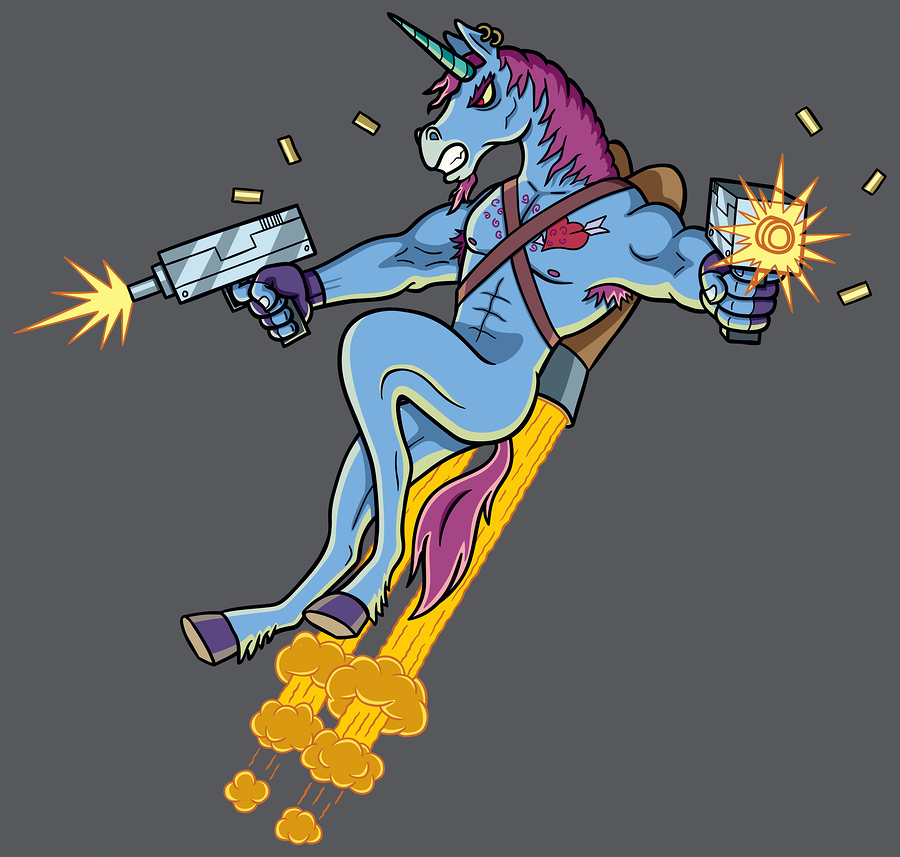Unexpected tragedies happen to every family. Any individual can succumb to sickness, incapacitation or even death. Yet as difficult as these situations can be, there are responsibilities that must be taken over to ensure that the individual who has suffered has their estate looked after.
For people who have to take on those responsibilities, it can be an overwhelming experience as they are already dealing with the shock of tragedy and grief as well. Many need to ask themselves, “So I’m the executor, what does that mean?”
Amy M. MacAlpine, a Wills & Estates lawyer with Hummingbird Lawyers LLP, has over 16 years of experience. Recently, she put together the “Little Black Book of Probate” which looks at the administrative process for when a person applies to the court to be appointed as an Executor.
Her booklet includes a detailed to-do list for settling an estate, the definitions of important terms that someone would need to be aware of moving forward and details of what is included in an estate and how it should be looked after.
With her experience in many unique pre- and post-death matters, as well as estate planning for complex high net worth families, MacAlpine is an authoritative voice on the matter of estate distribution and probate.
“I understand family loss and the challenges faced upon someone’s passing,” MacAlpine noted, “During a time of mourning, there are arrangements to prepare, papers that need to be completed and many financial tasks that need to be resolved. It can all be overwhelming and exhausting.”
MacAlpine explained the depth of what needs to be resolved, “Your ‘estate’ covers everything that you own individually at the time of your death. Your car, bank accounts, clothes, jewellery and business interests. If you own it alone, it is part of your estate.”
This begins to show just how much there is to take care of when the time comes to do so. Someone needs to be appointed to help resolve all of these outlying issues, and that person is called an executor, or estate trustee. This executor is in charge of everything from securing personal documents and valuable items to cancelling insurance, and transferring vehicle ownership.
“[The executor] is the appointed person in charge of the estate and the distribution of the estate. However, if no will has been created by an individual, then the Ontario’s Succession Reform Act directs who is able to apply to become the executor of the estate as well as who the beneficiaries will be.”
Another question that arises from the death, is the process called probate. MacAlpine explained, “It is the administrative process for when a person applies to the court to be appointed as the executor and obtains a ‘Certificate of Appointment’ in order to administer the estate.
“After obtaining this certificate, the executor then collects all of the assets, pays all of the debts, prepares final accounting, prepares tax returns and then distributes what is left to the beneficiaries.” Of course, this is a high view answer. It is a general definition as MacAlpine said, as it is non-specific, and non-exhaustive. The formality of probate is not always required.
Becoming an executor during a time of mourning can be overwhelming, but laying out all of the required tasks can make things a little easier, and certainly less stressful. There is plenty that needs to be taken care of and organized. Knowing what needs to happen during the probate process, and your responsibilities is essential in seeing through the settlement of your loved one’s or significant other’s estate.

